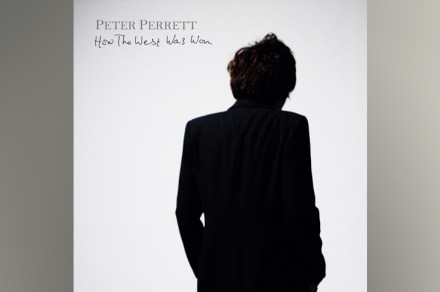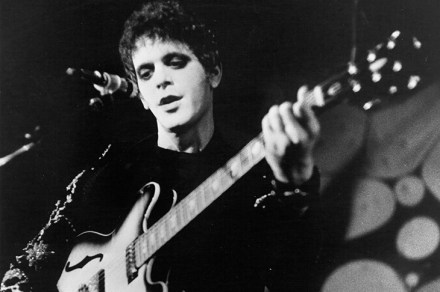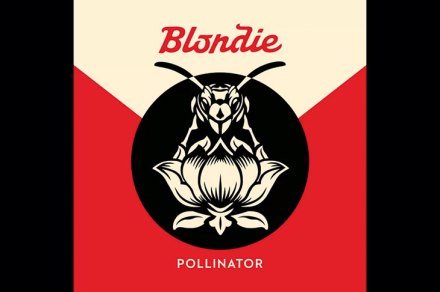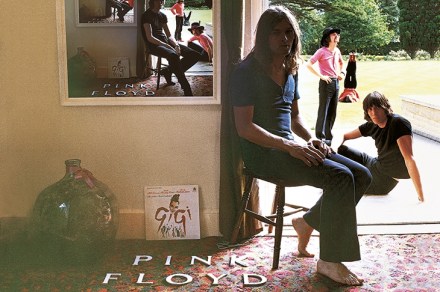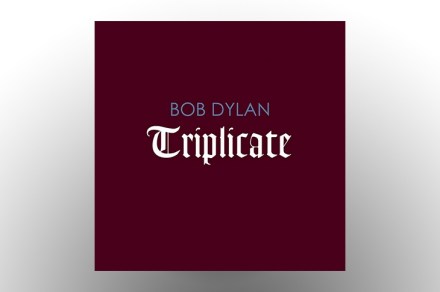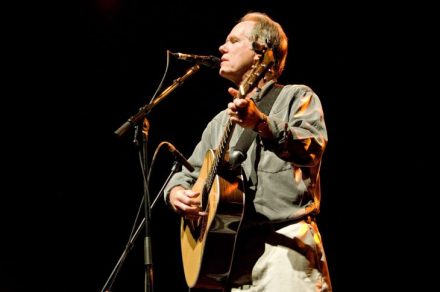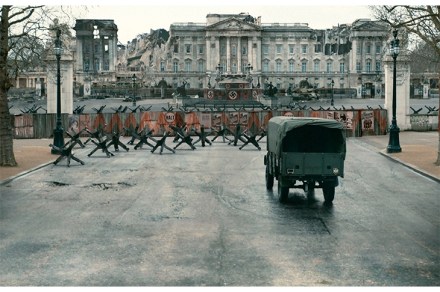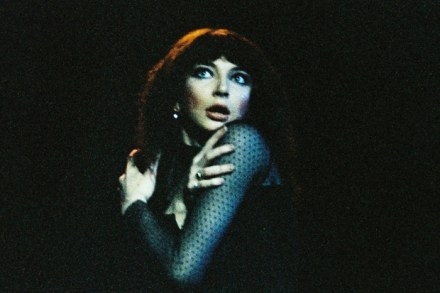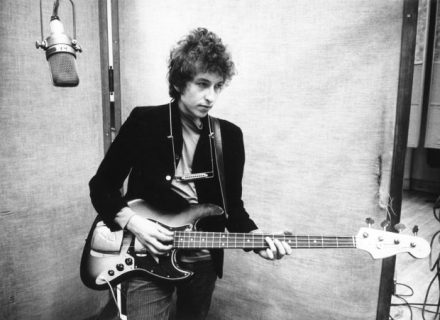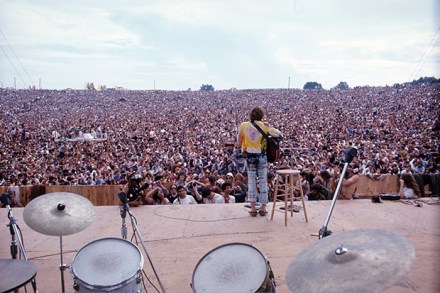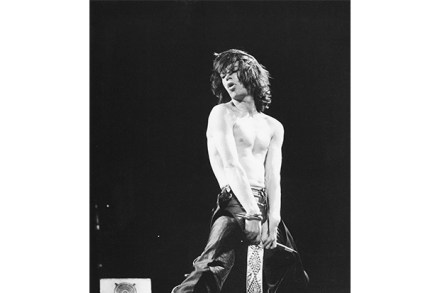Car trouble
Edgar Wright’s Baby Driver is an action, heist, car-chase film that is said to reinvent the action, heist, car-chase film. But as you can’t have an action, heist, car-chase film without action, heists and car chases, you may wish to ask yourself: how much do I like action, heist, car-chase films in the first instance? And that’s the bottom line, I suppose. This action, heist, car-chase film is also about the soundtrack, as the story is told through the… ears? of Baby (Ansel Elgort), a getaway driver who doesn’t just enjoy music, but needs it. He rarely takes his earbuds out. He can’t perform unless he’s listening to Blur, Beck,




